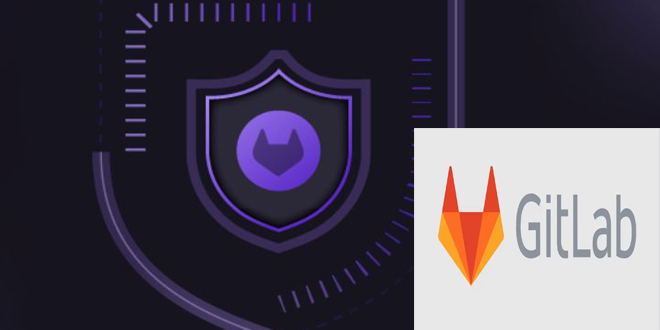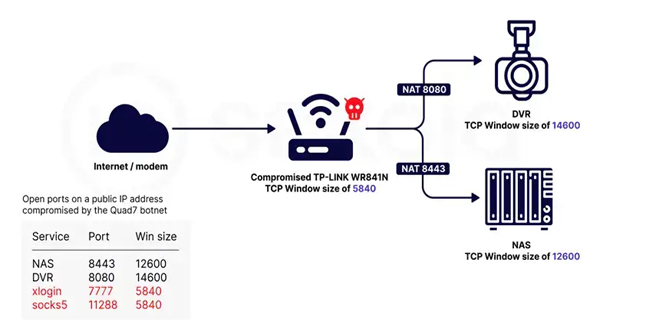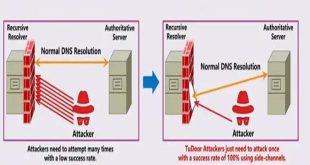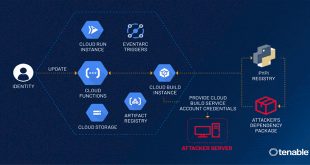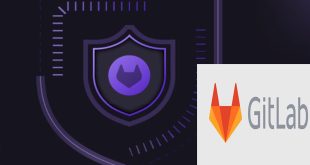A team of researchers from the University of Wisconsin-Madison has uploaded to the Chrome Web Store a proof-of-concept extension that can steal plaintext passwords from a website’s source code.
An examination of the text input fields in web browsers revealed that the coarse-grained permission model underpinning Chrome extensions violates the principles of least privilege and complete mediation.
By infosecbulletin
/ Saturday , July 27 2024
India’s Communications Minister Chandra Sekhar Pemmasani confirmed a breach at the state-owned telecom operator BSNL on May 20 during a...
Read More
By infosecbulletin
/ Saturday , July 27 2024
Malware based threats increased by 30% in the first half of 2024 compared to the same period in 2023, according...
Read More
By infosecbulletin
/ Friday , July 26 2024
A new critical vulnerability in the Domain Name System (DNS) has been found. This vulnerability allows a specialized attack called...
Read More
By infosecbulletin
/ Friday , July 26 2024
A serious vulnerability, CVE-2023-45249 (CVSS 9.8), has been found in Acronis Cyber Infrastructure (ACI), a widely used software-defined infrastructure solution...
Read More
By infosecbulletin
/ Friday , July 26 2024
OpenAI is testing a new search engine "SearchGPT" using generative artificial intelligence to challenge Google's dominance in the online search...
Read More
By infosecbulletin
/ Thursday , July 25 2024
CISA released two advisories about security issues for Industrial Control Systems (ICS) on July 25, 2024. These advisories offer important...
Read More
By infosecbulletin
/ Thursday , July 25 2024
Tenable security researchers found a vulnerability in Google Cloud Platform's Cloud Functions service that could allow an attacker to access...
Read More
By infosecbulletin
/ Thursday , July 25 2024
BDG e-GOV CIRT's Cyber Threat Intelligence Unit has noticed a concerning increase in cyber-attacks against web applications and database servers...
Read More
By infosecbulletin
/ Thursday , July 25 2024
GitLab released a security update today to fix six vulnerabilities in its software. Although none of the flaws are critical,...
Read More
By infosecbulletin
/ Thursday , July 25 2024
Sekoia.io and Intrinsec analyzed the Quad7 (7777) botnet, which uses TCP port 7777 on infected routers to carry out brute-force...
Read More
Additionally, the researchers found that numerous websites with millions of visitors, including some Google and Cloudflare portals, store passwords in plaintext within the HTML source code of their web pages, allowing extensions to retrieve them.
Click to read full report.
 InfoSecBulletin Cybersecurity for mankind
InfoSecBulletin Cybersecurity for mankind










